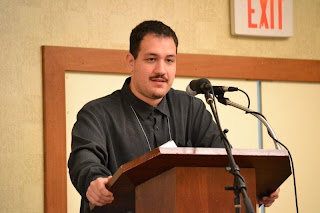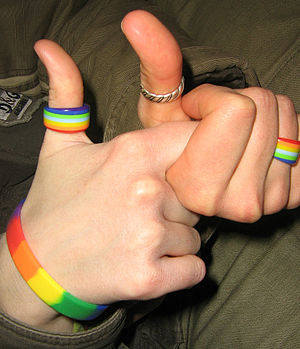The controversy surrounding Justin peaked - or so I thought at the time - when some of the bloggers on the Freethought Blogs network and their supporters pressured the Pennsylvania state chapter of the Secular Coalition for America to remove Justin as co-chair. Stephanie Zvan launched an online petition demanding that the Secular Coalition remove Justin, prompting him to resign. While there were a few relevant lessons to come out of this debacle, the primary one appears to have been the one so eloquently summarized by a commenter (KickSexistsOutOfAtheism) on one of the blogs celebrating their victory:
I hope the supporters of Justin realise that we can intimidate people like him out of his position. It sends out a strong signal to the rest of the community.At the time, I speculated that this comment was a Poe. I now think I was probably wrong. In any case, I was definitely wrong to think that Justin's removal as co-chair was the peak of the controversy surrounding him.
We will come after you as well, if you are a misogynist. We will launch petitions to harass you. We will get you in the end.
There is no room for people like Vacula in our community Let this be a lesson.











